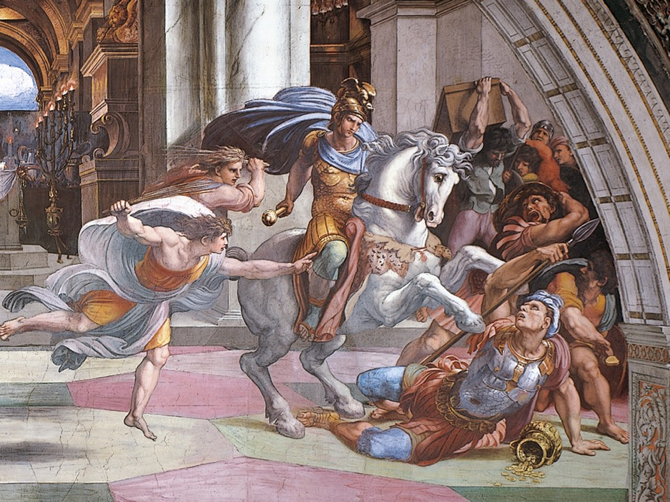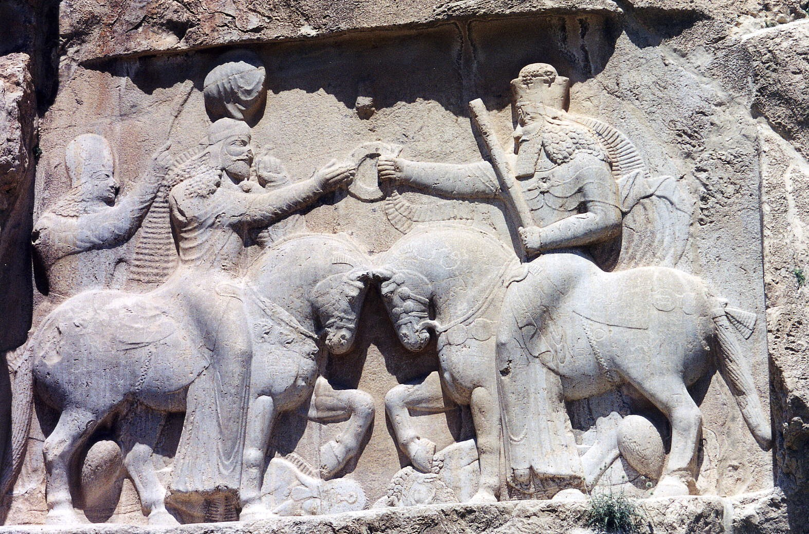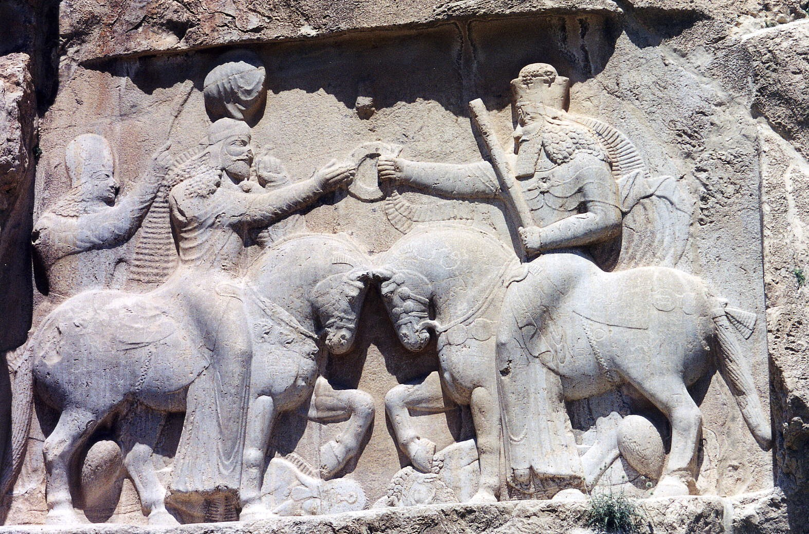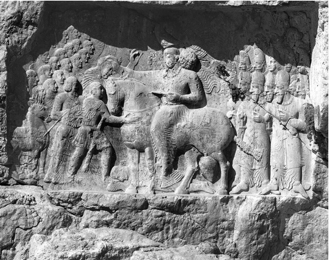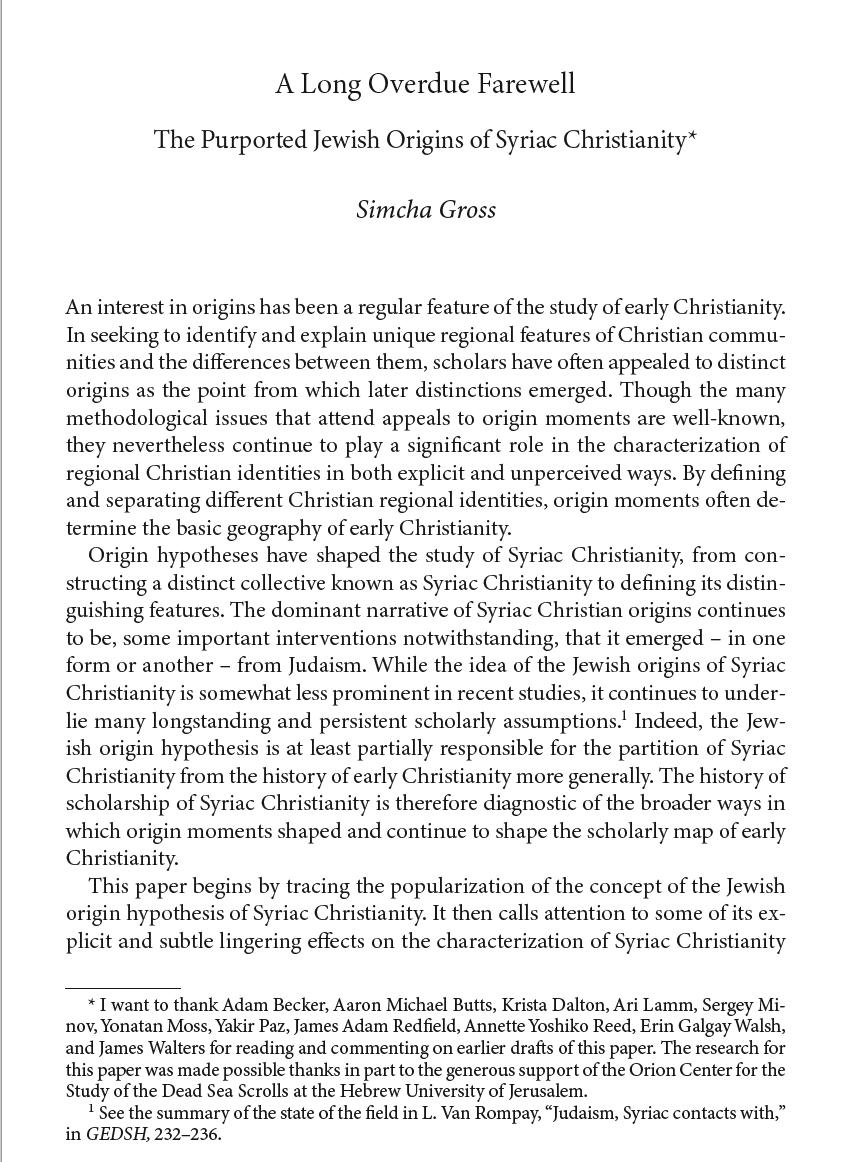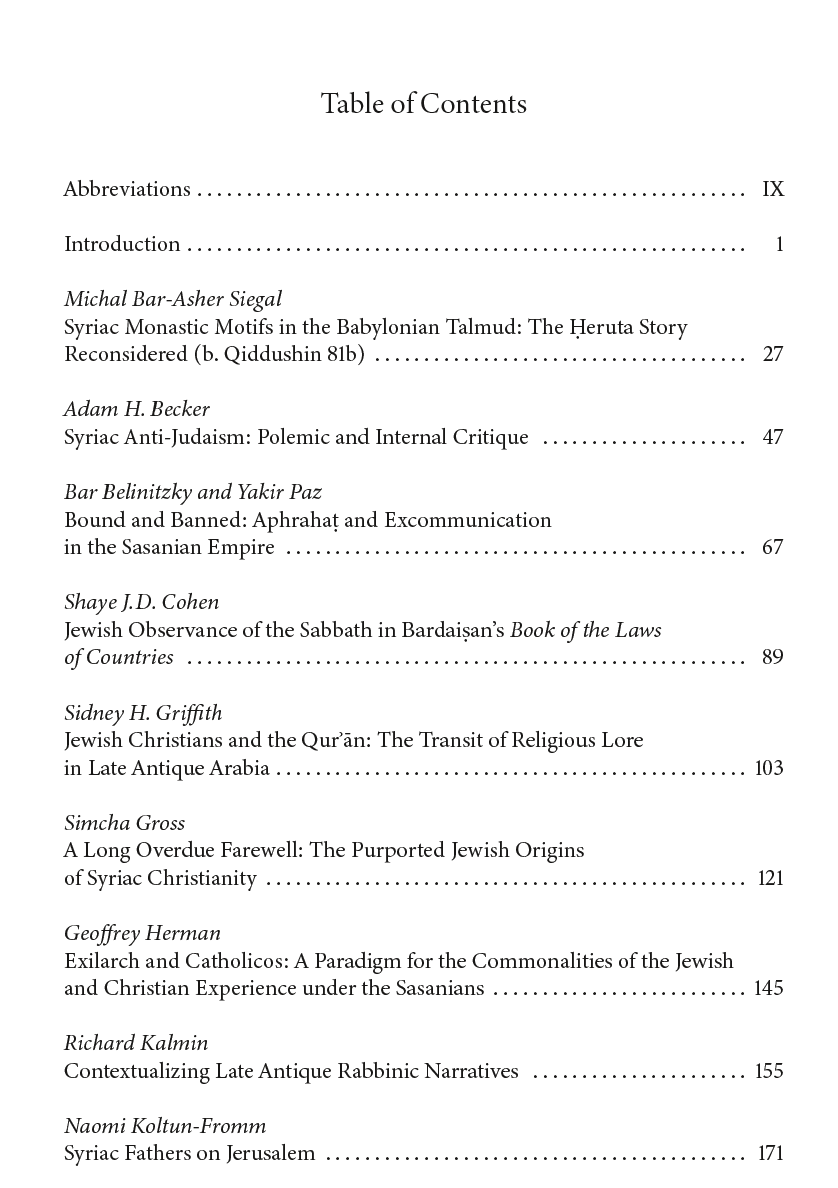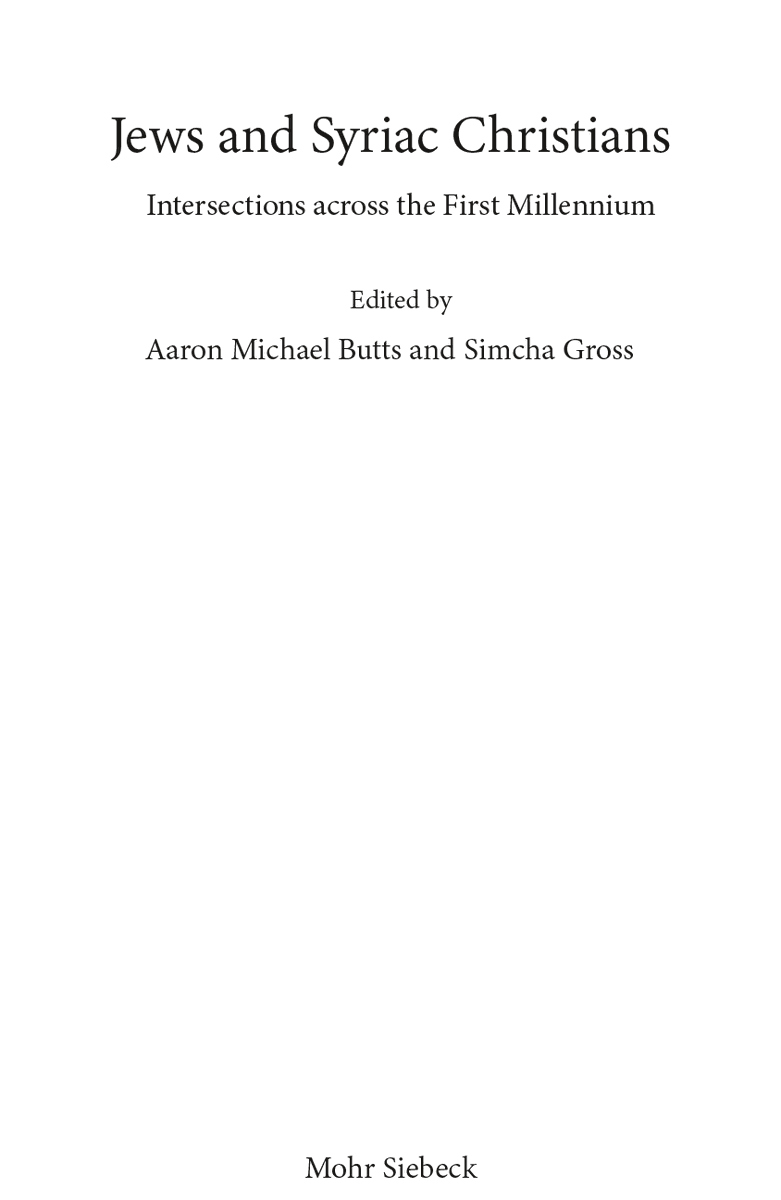
As a grad student, I heard stories about Jewish candidates facing antisemitism on the job market.
This was ancient history I thought, a sign of how far things had come.
Then I was a finalist for an ancient Judaism job at a Christian denominational university.
Strap in.
🧵
This was ancient history I thought, a sign of how far things had come.
Then I was a finalist for an ancient Judaism job at a Christian denominational university.
Strap in.
🧵
I was picked up at the airport by a professor I knew who was a visiting scholar at the university.
As he drove me to campus, he explained that he had volunteered to pick me up so as to warn me that there was no way I was getting the job... because I am Jewish.
2
As he drove me to campus, he explained that he had volunteered to pick me up so as to warn me that there was no way I was getting the job... because I am Jewish.
2
He explained that the "old guard" on campus would oppose my hire no matter what I did.
I was picked up by a new member of the faculty, who gave me a tour of the campus.
As we set off, she asked me: "so...did the professor who picked you up tell you anything about the job...?"
3
I was picked up by a new member of the faculty, who gave me a tour of the campus.
As we set off, she asked me: "so...did the professor who picked you up tell you anything about the job...?"
3
I said cryptically: "he warned me that I might face a hostile audience here for reasons outside of my control..."
She responded with visible relief and sadness: "Phew. I wasn't sure how to warn you. It's terrible, I'm really sorry."
4
She responded with visible relief and sadness: "Phew. I wasn't sure how to warn you. It's terrible, I'm really sorry."
4
I called my beloved advisor that evening to commiserate. She gave me typically wise advice:
1st, this was a small taste of what women & BIPOC face on the market all the time.
2nd, I would not get the position, so I should view the campus visit as an opportunity to practice.
5
1st, this was a small taste of what women & BIPOC face on the market all the time.
2nd, I would not get the position, so I should view the campus visit as an opportunity to practice.
5
The first thing on the schedule the next morning was breakfast at a Christian denominational house with three male members of the department.
It had been made clear to me that these were the fellas who did not want to hire me. This became very apparent.
6
It had been made clear to me that these were the fellas who did not want to hire me. This became very apparent.
6
They showed no real interest in me, and certainly not in my work. But they had also laid some traps for me.
First, breakfast consisted of bacon, eggs, and cheese.
I took some bread.
I went most of the day on an empty stomach.
7
First, breakfast consisted of bacon, eggs, and cheese.
I took some bread.
I went most of the day on an empty stomach.
7
2nd, though they had taken food, they weren't eating. I figured they were hoping I would eat before they said grace, giving them a pretense to oppose my hire.
I waited.
Once it grew awkward, one of them said grace. He began: "Thank you Jesus for bringing us Simcha here today."
I waited.
Once it grew awkward, one of them said grace. He began: "Thank you Jesus for bringing us Simcha here today."
The rest of the day was fairly uneventful. I thought I did a good job. My advisor was right, it was great practice.
I had several meetings throughout the day. It became clear that there was another faction, the "new guard," that wanted to hire me precisely because I was Jewish.
I had several meetings throughout the day. It became clear that there was another faction, the "new guard," that wanted to hire me precisely because I was Jewish.
They clearly wanted to make a statement against the old guard about the future direction of the department.
Though I had not asked, they kept telling me how the city had great Jewish communities, great Jewish schools, many synagogues.
10
Though I had not asked, they kept telling me how the city had great Jewish communities, great Jewish schools, many synagogues.
10
I went to dinner that night with two young scholars in the department, one of whom works in a related field.
He gave me knowing looks a few times throughout the meal, but we did not discuss the elephant in the room.
A few months later, he and I attended the same conference.
He gave me knowing looks a few times throughout the meal, but we did not discuss the elephant in the room.
A few months later, he and I attended the same conference.
He entered the room, saw me, and put his face into his hands in instinctive shame.
He knew I knew what had happened.
He apologized to me profusely, said how embarrassed he was about what happened.
I drew a number of takeaways from this ordeal.
12
He knew I knew what had happened.
He apologized to me profusely, said how embarrassed he was about what happened.
I drew a number of takeaways from this ordeal.
12
First, yes, antisemitism still exists. I am typically wary of the speed at which some cry antisemitism and the extent to which it is politicized, and this is just one anecdote.
But it's an important reminder that it exists, and not only among QAnon supporters and the alt-right.
But it's an important reminder that it exists, and not only among QAnon supporters and the alt-right.
Second, this experience was unpleasant, but I was incredibly fortunate to find other welcoming and lovely academic homes.
Other groups and individuals face far more systemic bias and overt discrimination.
We must do better.
14
Other groups and individuals face far more systemic bias and overt discrimination.
We must do better.
14
Third, take people seriously on THEIR terms. Those who wanted to hire me BECAUSE I was Jewish were making an analogous move to the antisemites in their department, they just liked the fact that I was Jewish instead of disliking it.
I was there to present myself as an academic.
I was there to present myself as an academic.
Lastly, no matter where ppl fell on the issue, their presence in the department made me, justifiably or not, view them differently.
Do what you can not only to fall on the right side of an issue, but to ensure that discriminatory views are entirely unwelcome in your dept.
Fin.
Do what you can not only to fall on the right side of an issue, but to ensure that discriminatory views are entirely unwelcome in your dept.
Fin.
• • •
Missing some Tweet in this thread? You can try to
force a refresh

